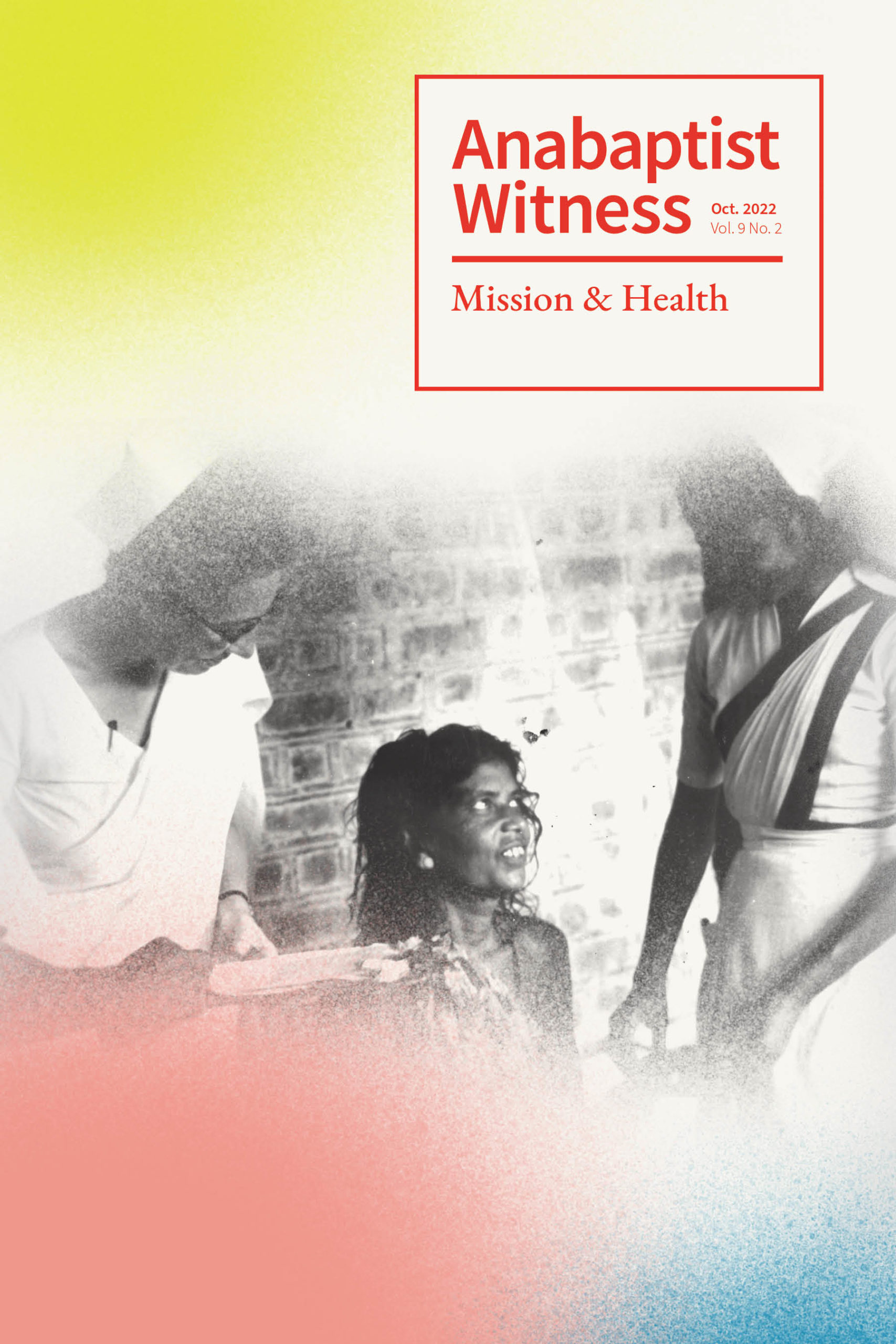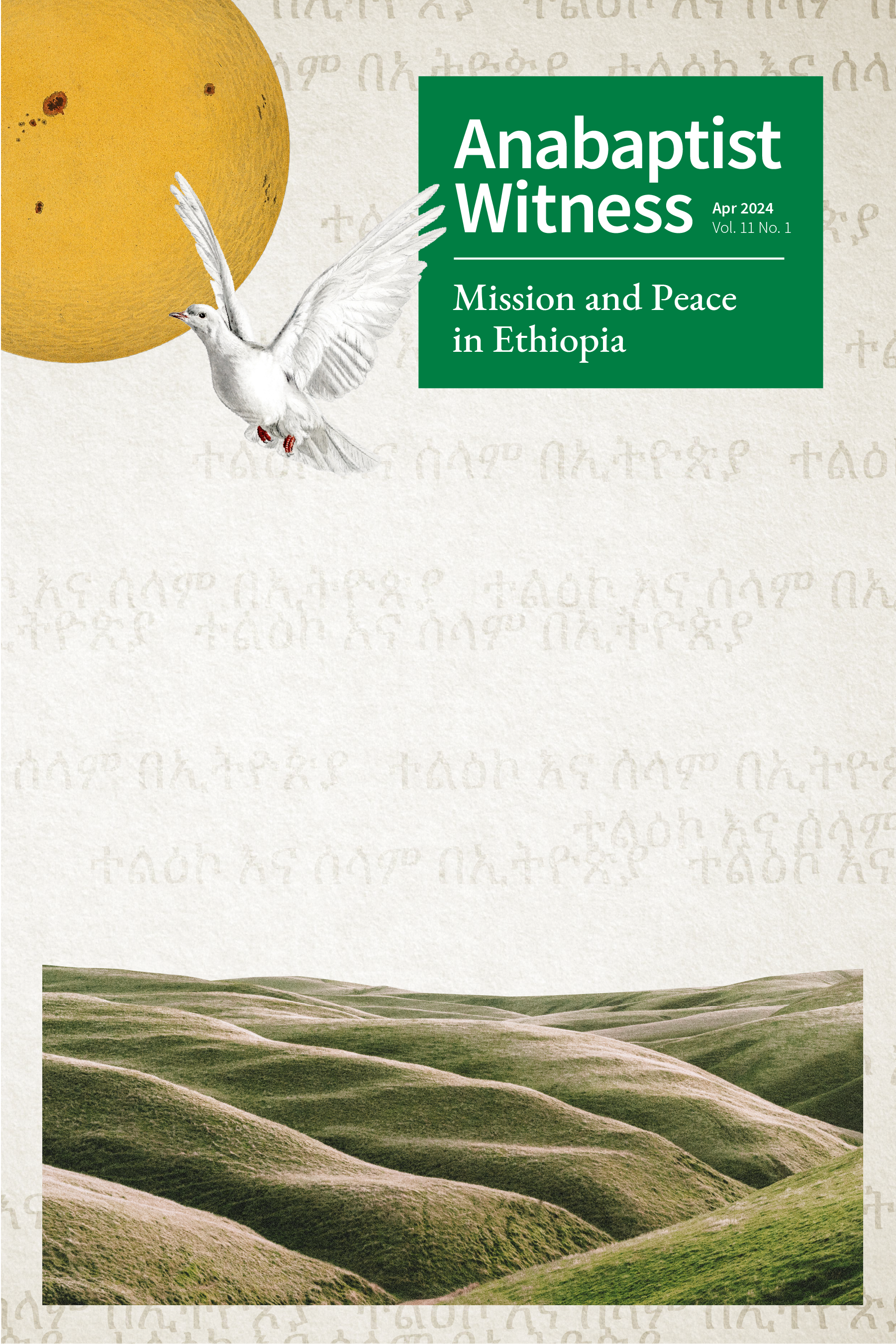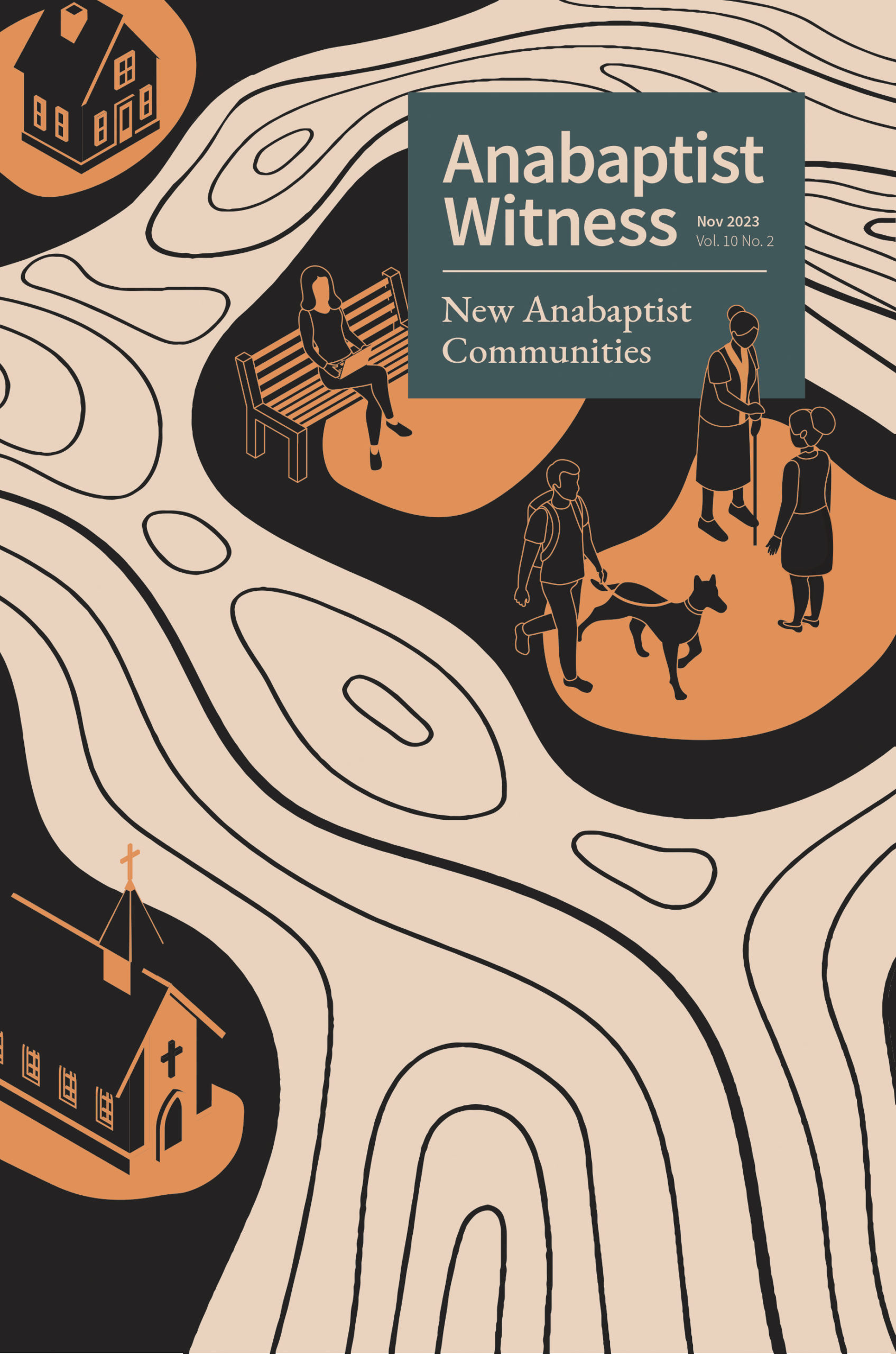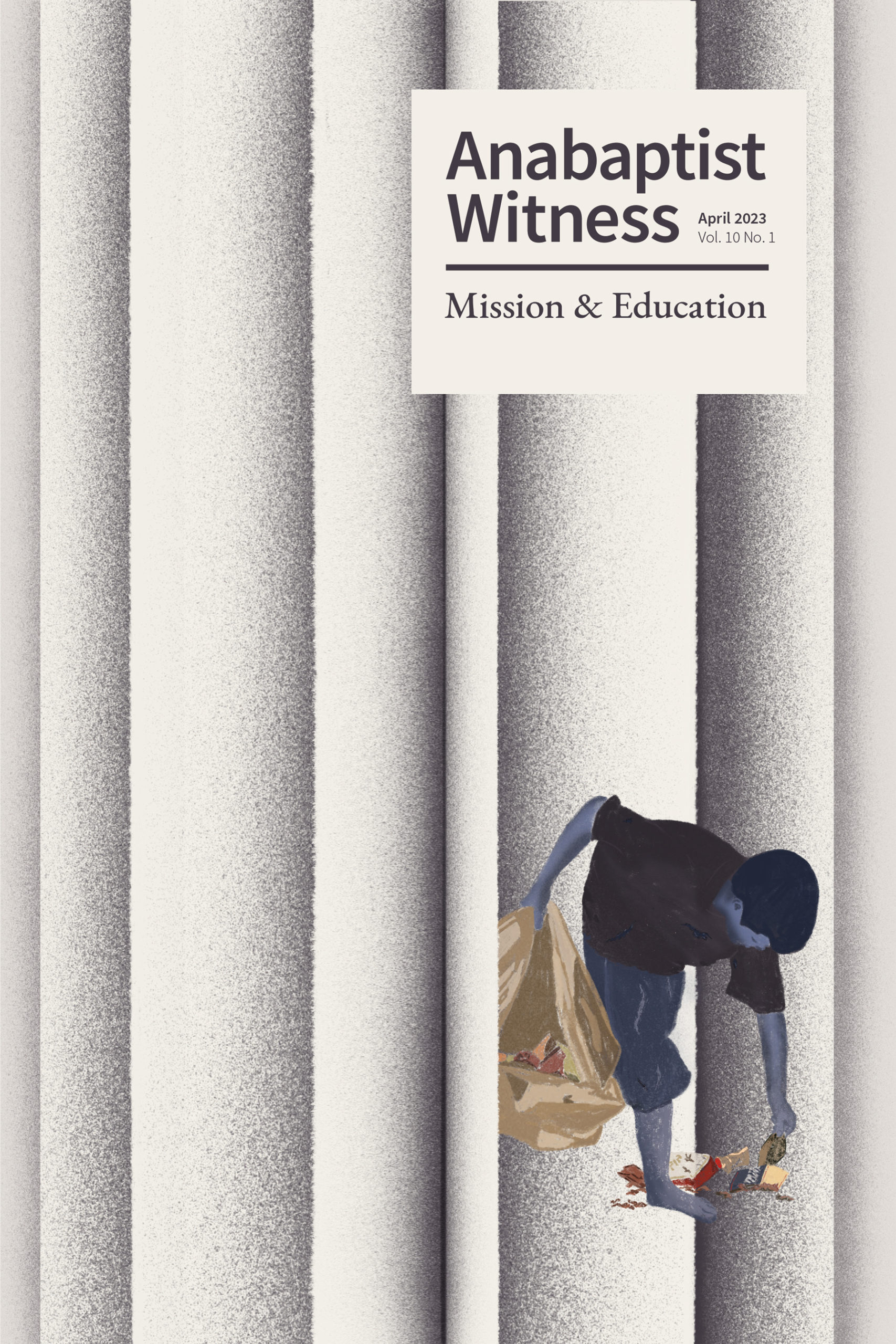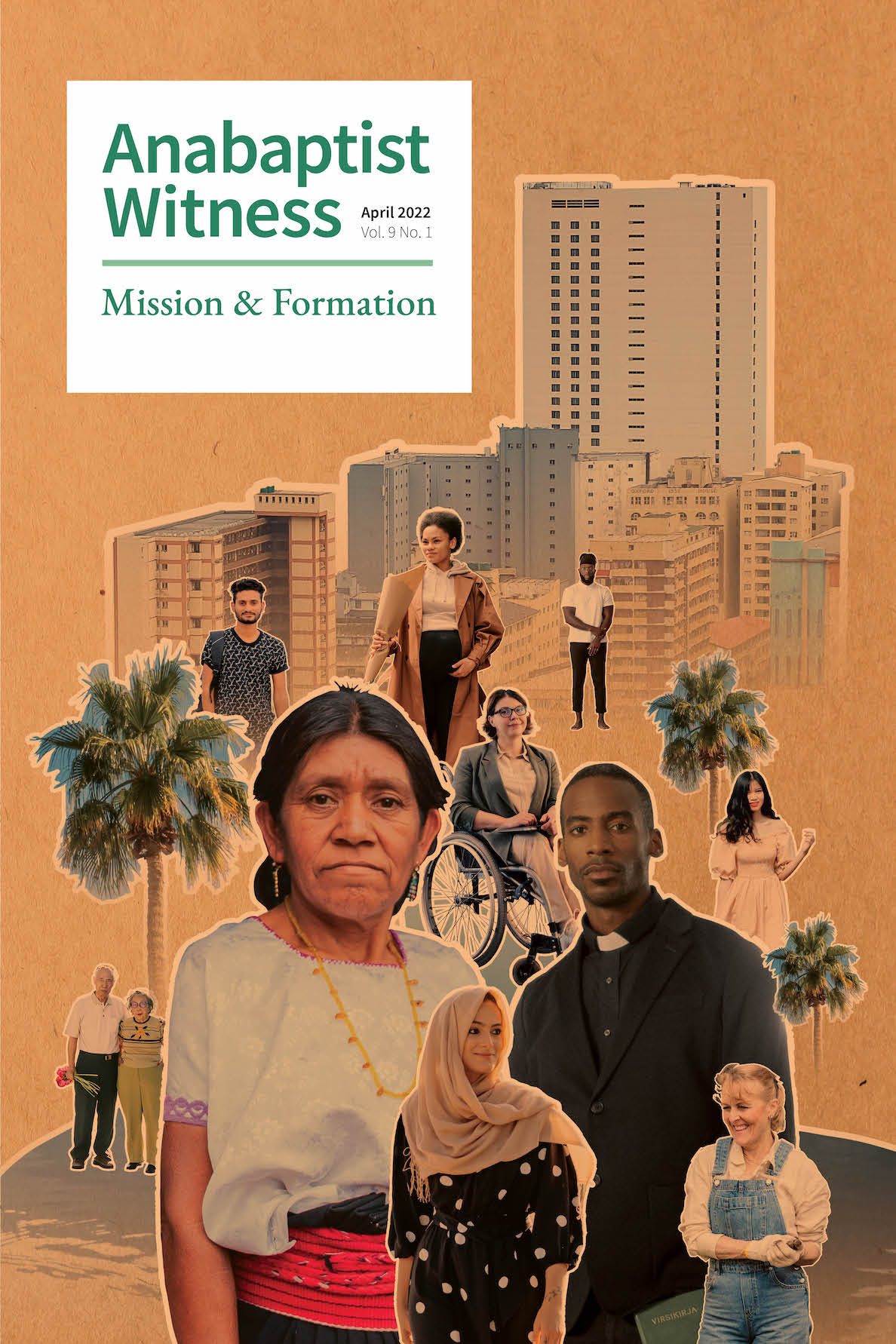Mission & Health
About This Issue Download this issue
Mission & Health
The gospels portray physical healing as a central component of Jesus’s ministry, and the Acts of the Apostles and the epistles suggest that healing was important in the early church. Caring for and restoring the integrity of the body is, in these New Testament examples, a sign of creation’s renewal and the arrival of God’s reign. Even when Christians have lost sight of this precedent, emphasizing instead an otherworldly salvation of the disembodied soul, the ministry of healing has rarely been completely discarded.
As signs, healings point to a longed-for reality that John of Patmos describes as the abolition of death, the cancellation of “mourning and crying and pain” (Rev 21:4, NRSV). For John, this glorious event is the result of God’s making a “home . . . among mortals” (21:3). It is divine presence that heals and renews. If that is the case, then healing as present sign participates in the reality toward which it gestures. Healing, and above all the healed body, is sacramental proclamation, announcing good news by embodying it, mediating grace in the flesh. Healed bodies, we might say, are icons of the Resurrected One, displaying to the world its future.
Of course, even the Resurrected One bears the wounds of his crucifixion (John 20:24–29).[1] In the present, we know that longing for healing is not the same as obtaining it. The Christian life is a mix of joy over promises partially fulfilled, hope for more complete fulfillment, and disappointment over the difference. Disappointment is often accompanied by anxiety, by doubts—sometimes nagging, sometimes dominating—that the partial is the best we can do, the best we will do. Yet the space between the partial and the complete can also be a graced space, a space not only of enjoyment but also of experimentation and reorientation. Theorists and theologians of disability, among others, teach that we can learn in this space new ways to think about and act toward that which has been regarded as “unhealthy.” Healing itself is transformed as we await the revelation of a new heaven and a new earth—and so, also new bodies (see 1 Cor 15:35–58).
This issue of Anabaptist Witness explores the place of healing in the church’s conception of its purpose and task. Melissa Berkey-Gerard’s essay on Community Peacemaker Teams (CPT) shows how that organization has come to see healing and care as foundational for the work of liberation. Mental and physical anguish related to COVID-19, in particular, convinced CPT leadership that the well-being of team members and partners was a primary, not secondary, concern. A written reflection and artwork by Monica Friesen expand our picture of the challenges related to COVID-19—Friesen is a nurse who worked for much of the pandemic at a hospital in Canada. Amid her grueling work, she frequently took comfort and inspiration from the memory and legacy of her grandparents, who served with Mennonite Central Committee (MCC) at a hospital in Taiwan.
Paul Shetler Fast, MCC’s Health Coordinator, provides an historical overview of that agency’s medical ministry. Shetler Fast narrates the agency’s shifts from a focus of providing direct medical care to developing healthcare systems to a community-led model of public health. While this narrative could give the impression that MCC has progressed in linear fashion to perfect its health ministry, Shetler Fast emphasizes the overlapping, messy, and even “restless” character of the changes, as MCC and its partners have searched for the best way to provide care in a variety of contexts.
While COVID-19 has understandably become a focus of many recent conversations around health and mission, Beth Good reminds us that there are many pressing global public health issues that require our attention. Good, a nursing professor at Eastern Mennonite University (Harrisonburg, Virginia) and one of Shetler Fast’s predecessors at MCC, is particularly concerned that we not forget the HIV/AIDS crisis. By telling stories from the church’s work with HIV/AIDS patients in Kenya, South East Asia, and the United States, Good hopes that Christians will help break down the stigmas that keep such patients from experiencing “life in all its fullness.”
Finally, Daniel Rempel’s essay on “The Witness of Disability in a Medicalized World” challenges us to resist approaches to health that pathologize people with disabilities based on a conception of bodies as efficient machines to be repaired with medical technologies. According to Rempel, attending to the witness of people with disabilities can help Anabaptists develop understandings of disability and health that are at once more faithful and just. Ultimately, he argues, all of our health depends on receiving this witness.
Several book reviews conclude the issue, starting with an essay-length review by Anicka Fast of a book on Mennonite contributions to post-colonial African Studies. Other reviews concern Latino civil rights activism, Mennonite mission in Quebec, the Apostle Paul and prison, and a peaceable reading of the Book of Revelation. As Loren Johns, the author of the latter review, writes, “The power of the [slaughtered] Lamb consists of his faithful witness to God and to love.” While “mourning and crying and pain” still characterize the lives of mortals, may this witness shape our own.
—Jamie Pitts, Editor
[1] For a profound reflection on this point, see Shelly Rambo, Spirit and Trauma: A Theology of Remaining (Louisville, KY: Westminster John Knox, 2010), chapter 3.
